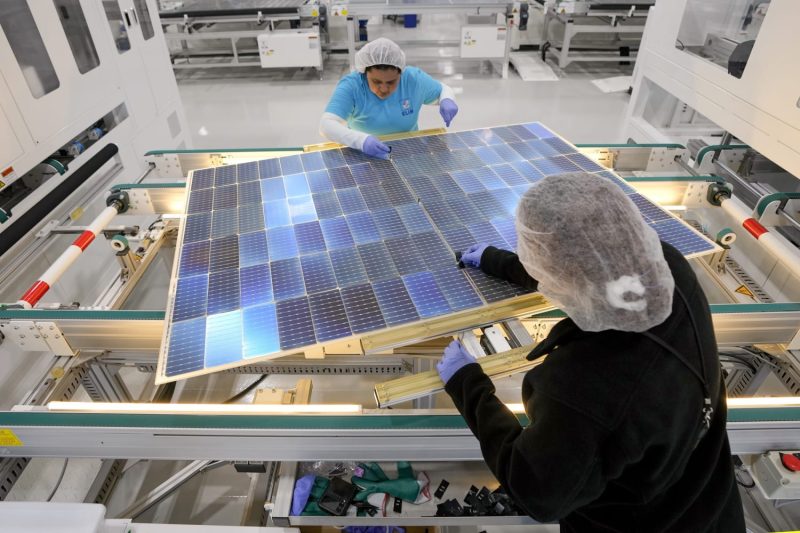The Increasing Demand for Skilled Labor in the U.S. Labor Market
The landscape of the U.S. labor market is undergoing a significant transformation as the demand for skilled labor continues to rise while white-collar hiring shows signs of slowing down. This shift is reflective of the evolving needs of the economy and the ongoing technological advancements that have reshaped the nature of work across various industries.
One of the key drivers behind the increasing demand for skilled labor is the rise of automation and artificial intelligence in the workplace. As companies strive to streamline their operations and enhance productivity, they are looking for employees with specialized skills and expertise to operate and maintain complex technologies. From data analysis and programming to digital marketing and cybersecurity, the demand for workers who possess advanced technical skills is on the rise.
Furthermore, the changing dynamics of the global economy have also played a role in the shifting labor market trends. With the increasing interconnectedness of markets and the rise of remote work, companies are seeking employees who are adaptable, innovative, and capable of working in diverse and multicultural environments. This has led to a growing demand for workers who possess soft skills such as critical thinking, communication, and problem-solving abilities.
Moreover, the ongoing demographic changes in the workforce, including the retirement of the baby boomer generation and the rise of millennials and Gen Z entering the workforce, have also contributed to the demand for skilled labor. Younger generations bring with them a different set of skills and preferences, emphasizing the need for companies to adapt their hiring practices and invest in training and upskilling programs to meet the evolving needs of the workforce.
In light of these trends, policymakers, educators, and employers are increasingly focusing on promoting skills development and lifelong learning initiatives to ensure that individuals are equipped with the necessary skills to succeed in the modern labor market. This includes initiatives such as apprenticeships, vocational training programs, and partnerships between educational institutions and employers to bridge the skills gap and prepare workers for the jobs of the future.
In conclusion, the shift toward skilled labor in the U.S. labor market represents a fundamental change in the way we perceive work and the skills required to thrive in a rapidly changing economy. As technology continues to advance and global competition intensifies, the demand for skilled workers will only continue to grow. By adapting to these trends and investing in skills development, both individuals and organizations can position themselves for success in the evolving labor market landscape.



























